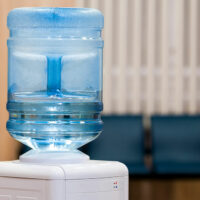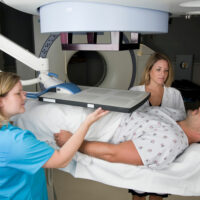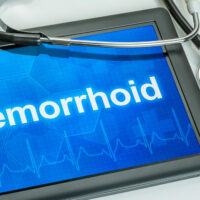
6 warning signs of depression one must know of
Depression is a mood disorder that causes a constant feeling of sadness and a loss of interest. It is among the world’s most common mental health conditions to occur in individuals where more than 8% of the country’s adult population is affected by it. The symptoms of depression are severe, with intense signs that may include significant changes in an individual’s appetite, sleep, and overall health. Here are a few other symptoms to not miss: Increased fatigue Fatigue is a sign of various physical and mental health conditions. However, when the fatigue persists and is not accompanied by other physical symptoms, it can be attributed to depression. Low energy levels and high fatigue levels are some of the most commonly occurring warning signs of depression. Lack of focus Another warning sign of depression is the inability to focus, which can significantly impact a person’s daily routine and prevent them from completing tasks that would otherwise be relatively easy. Mundane activities such as paying attention in class or meetings, finishing homework, completing necessary chores, or reading a book can require tremendous effort. Regardless of the source of this lack of focus, it could be a warning sign of developing depression. Social isolation and withdrawal If someone is repeatedly declining invitations to social events or gatherings, it could indicate that they are beginning to experience depression.
Read More. 














